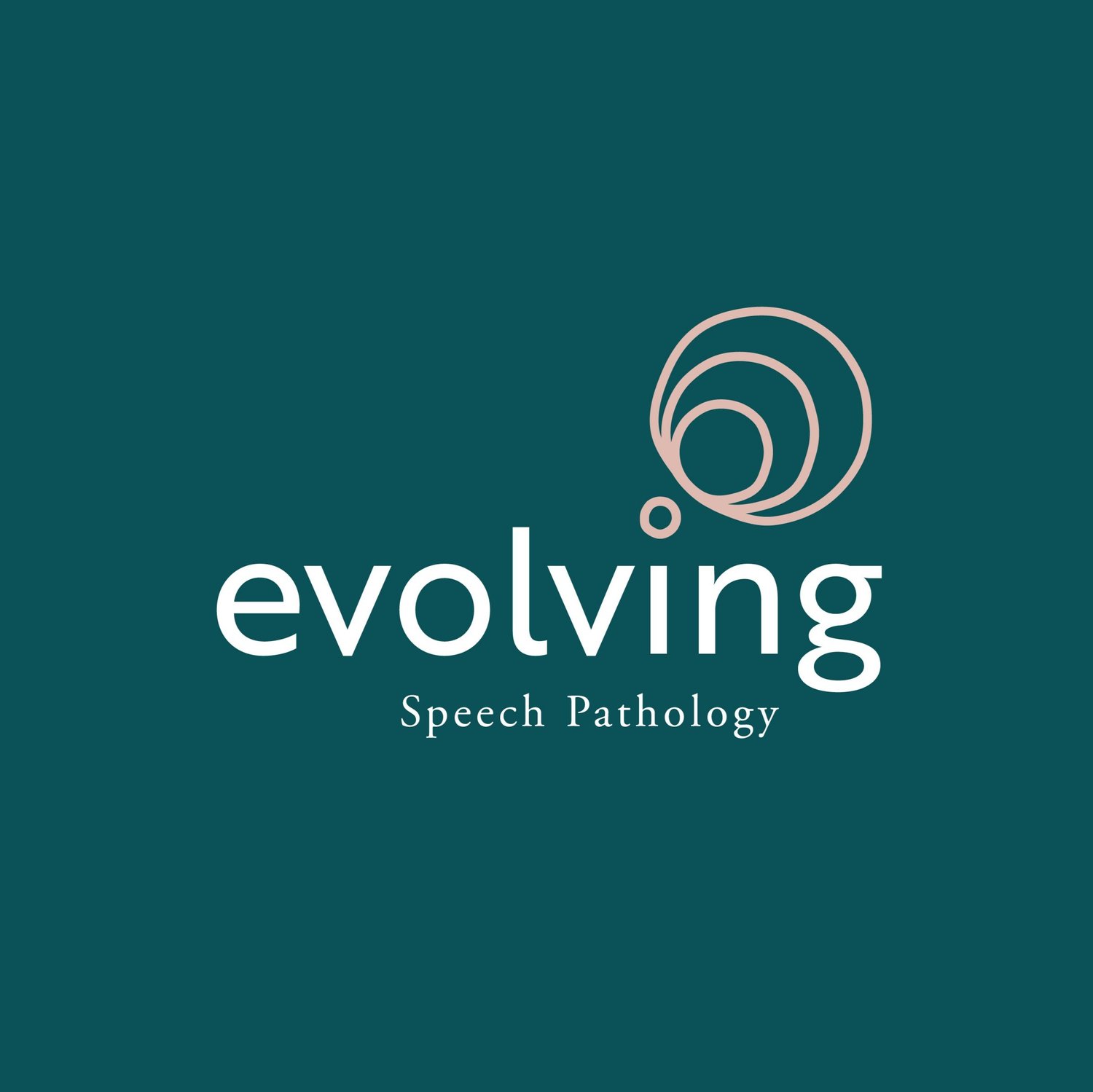
Children
Speech
We assess, manage and treat speech delays/disorders including articulation disorders, phonological delays and disorders, motor speech disorders and sensory/perceptual disorders (e.g. hearing impairment).
Speech refers to sounds made in the process of speaking. Speech errors can be categorised as either articulation errors or phonological errors. Articulation errors are the result of difficulty producing individual sounds and are often the result of incorrect placement of your tongue or lips. Phonological errors are present when patterns of errors which result in a collapse of the differences between sounds
All children develop speech at a different rate. As a guideline 3 year olds should be understood 60% of the time, 4 year olds 80% of the time, and 5 year olds 95% of the time by an unfamiliar listener.
Language
We assess, manage and treat children with delays/disorders including pre-verbal language, expressive language (use of language), receptive language (understanding of language), emergent literacy (phonological awareness), literacy, written communication, social communication and cognition (attention, memory and executive functioning).
Expressive Language is a child’s ability to express themselves using spoken, gestural and written language.
Receptive Language is a child’s ability to understand spoken and written language.
A language delay or disorder occurs when a child is not developing their expressive and/or receptive language skills to a level which is appropriate for the child’s age. A child may have difficulty with:
Combining words to form longer sentences
Using a variety of vocabulary
Recalling spoken information
Using grammatical structures such as ‘he’ and ‘she’
Vocabulary knowledge e.g. concepts such as ‘big’
Understanding instructions and questions
Early reading skills
Interpreting humour and hidden meanings of language.
Feeding
We assess, manage and treat children with swallowing problems which may present as difficulties transitioning from pureed foods to solid foods, or gagging and choking on foods.
Oral motor feeding difficulties may include:
Difficulty chewing
Difficulty moving the food around the mouth
Difficulty with foods that have multiple textures.
Sensory feeding difficulties may include:
Avoidance of foods or fluids based on their smell, colour or taste
Only eating foods of a specific brand
Cutting out entire food groups
Only eating foods of a certain colour or texture.
Social Skills
We assess, manage and treat children with social skills difficulties. Social skills are vital for establishing and developing friendships, holding conversations and interacting with the world around us. Social communication skills are also known as pragmatics. These are the ‘rules’ that we follow when we talk to others.
A child may have difficulties with the following:
Gaining someone’s attention
Listening to a speaker
Using body language
Sharing an activity
Taking turns in conversation
Using words to express wants and needs
Augmentative and Alternative Communication (AAC)
We work to assess, prescribe and train children with disabilities, including Autism Spectrum Disorder and their carers to use multimodal communication in a range of settings.
Augmentative and Alternative Communication (AAC) is any type of communication for people with a range of conditions who have significant difficulties speaking.
AAC may include:
Key Word Sign
Low Tech AAC options (e.g. communication books and picture exchange systems)
High Tech AAC options (e.g. devices and application such as LAMP Words for Life).
Literacy
We assess and treat literacy difficulties to match the delivery of learning to meed the child’s individual needs.
Literacy is the ability to blend and segment sounds for reading and spelling. It requires phonological awareness skills (building blocks for reading and spelling), visual memory and processing skills, as well as language skills for word prediction and reading comprehension. An example of a child with literacy difficulties may be a child who has trouble acquiring letter-sound relationships, rhyming skills and recognition of sight words for reading, or can not perceive the patterns between words for spelling i.e. spelling rules.
Evolving Speech Pathology is trained in the Sounds-Write Literacy Program which is a quality teaching program for all children especially those with reading and spelling difficulties.
Stuttering
We assess, manage and treat stuttering in children. Stuttering (or dysfluency) is a speech difficulty characterised by interruptions to the rhythm and flow of speech. In children, stuttering presents as sound, part or whole word repetitions at the beginning of words and/or associated secondary behaviours such as word substitution, facial grimacing, and avoidance of communicative environments.
Some children will develop a stutter that will resolve spontaneously while others will require intervention. It is currently unknown what causes stuttering and which children will require intervention to reduce interruptions in their speech.
Stuttering treatment is aimed at improving fluency of speech and helping children to achieve clearer communication.
Voice
We asses, manage and treat voice disorders in children of all ages. Children with voice difficulties may present with a hoarse, husky or croaky voice, a soft voice, a voice that sounds higher or lower in pitch of children the same age and the need to cough or clear their throat whilst talking.

